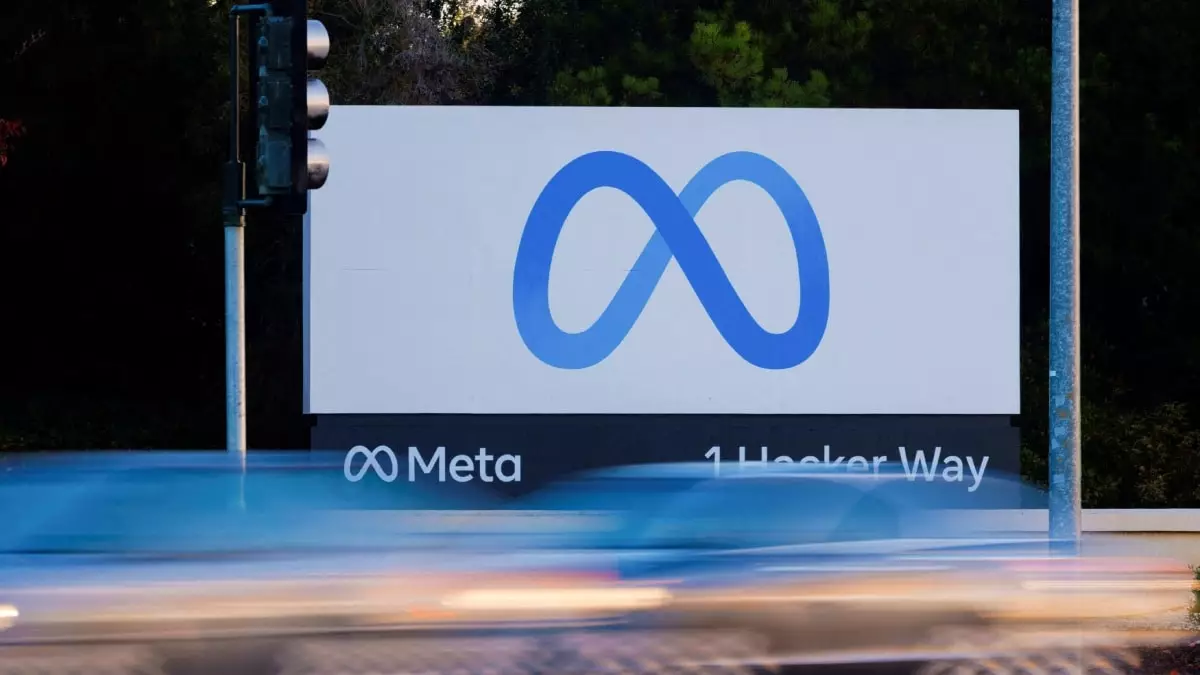In a rapidly evolving digital landscape, social media platforms play a pivotal role in shaping public discourse. Brazil’s Solicitor General Jorge Messias has recently voiced significant alarms regarding Meta’s (formerly Facebook) alterations to its fact-checking initiatives. These changes, which include the dismantling of a comprehensive fact-checking program in the United States and a relaxation of restrictions on contentious topics such as immigration and gender identity, could set a troubling precedent for accountability and transparency in information dissemination. With the Brazilian government demanding clarity from Meta by Monday, the spotlight is firmly on the tech giant and its commitment to fostering a responsible online environment.
The Brazilian government’s reaction is rooted in a broader societal concern. Messias likened Meta’s shifting policies to an “airport windsock,” suggesting an erratic approach that may not serve the best interests of Brazilian citizens. Such critical language showcases the government’s intent not just to express discontent but to challenge the robustness of Meta’s content moderation policies. The Brazilian population, already facing a myriad of challenges regarding misinformation, could be severely affected by Meta’s decision to ease its fact-checking measures. This standoff raises critical questions about the efficacy of social media regulations and the responsibilities of tech companies when handling sensitive topics.
President Luiz Inacio Lula da Silva’s strong commentary on the issue highlights the government’s dramatic escalation of the situation. By labeling the recent changes as “extremely serious,” Silva emphasizes the potential risks associated with diminished oversight of information that could lead to misinformation and societal polarization. His call for a meeting to discuss the issue not only reflects serious governmental interest but also underscores an intention to hold Meta accountable for its policies, thus demonstrating a proactive approach to safeguard the public from potential harms arising from unregulated speech.
As social media continues to act as a primary information source across much of Brazil, the implications of Meta’s decisions could resonate far beyond its platform. Questions surrounding the integrity of information shared and the potential for increased toxicity in public discourse are pressing issues that cannot be overlooked. Local groups and independent media have often battled against the spread of misinformation, and Meta’s recent policy shifts could undermine these efforts considerably. The Brazilian government’s demand for an explanation serves as a critical reminder of the necessity for social media companies to prioritize ethical considerations in their operations, particularly in a country where political and social tensions run high.
With the impending deadline for Meta to respond, the eyes of not only Brazil but the international community are on how the tech giant navigates this turbulent situation. The way this conflict unfolds may well affect the future relationship between governments and digital platforms, altering how accountability is enforced in the digital age. Beyond immediate policy changes, there could be lasting impacts on legislation, public trust in social media, and the very framework of digital governance that establishes the rules of engagement between corporations and the societies they serve.


Leave a Reply